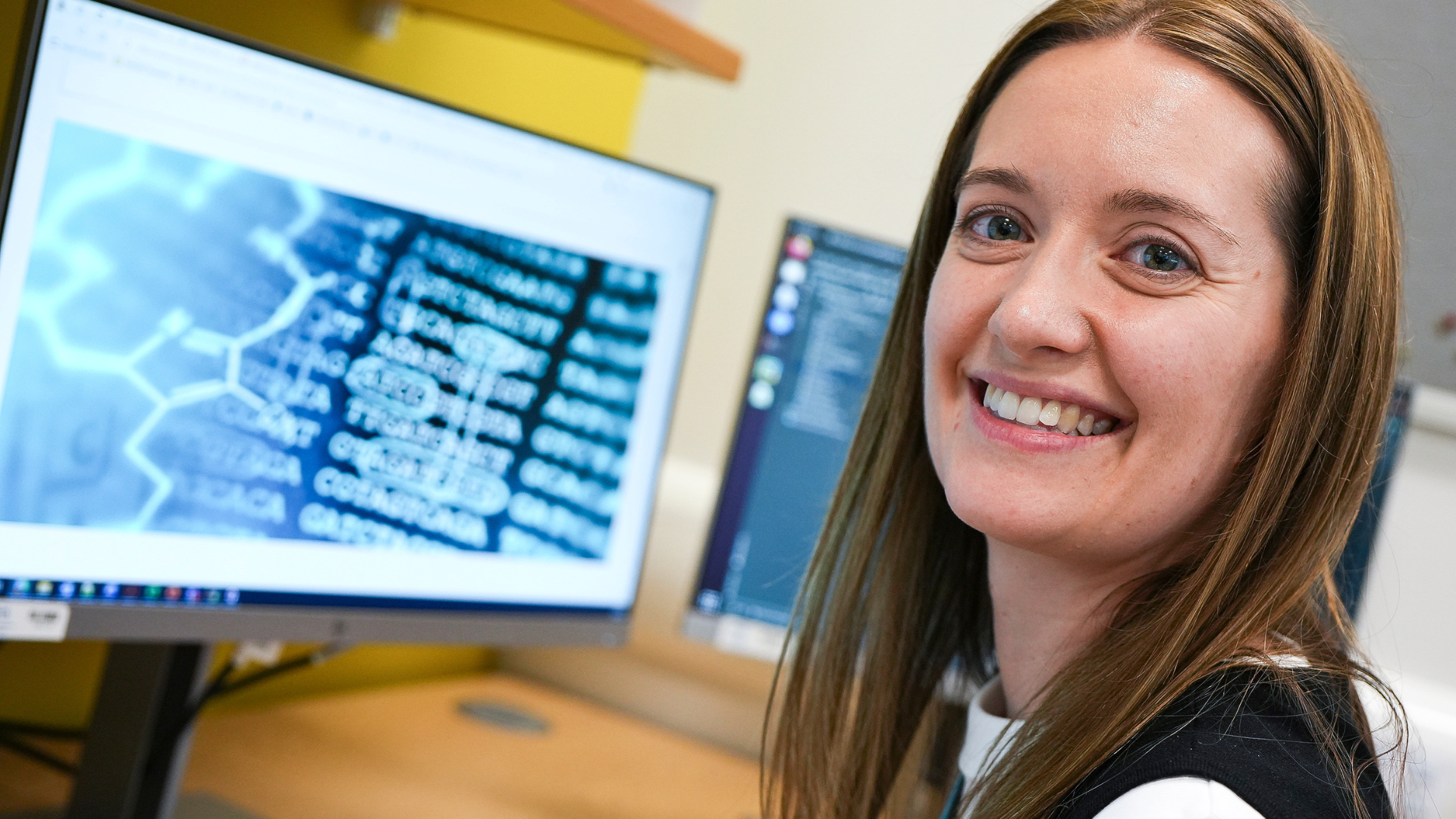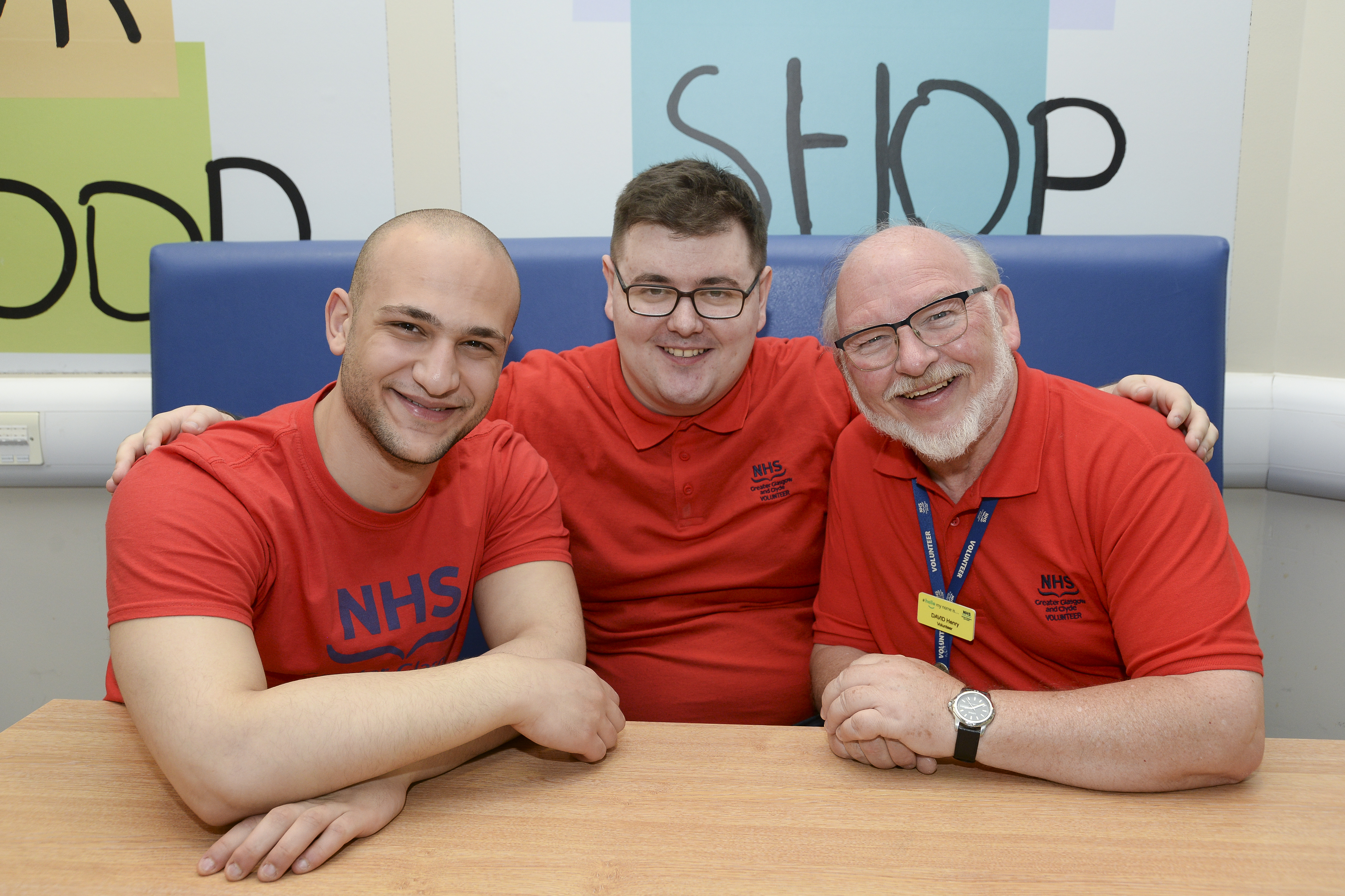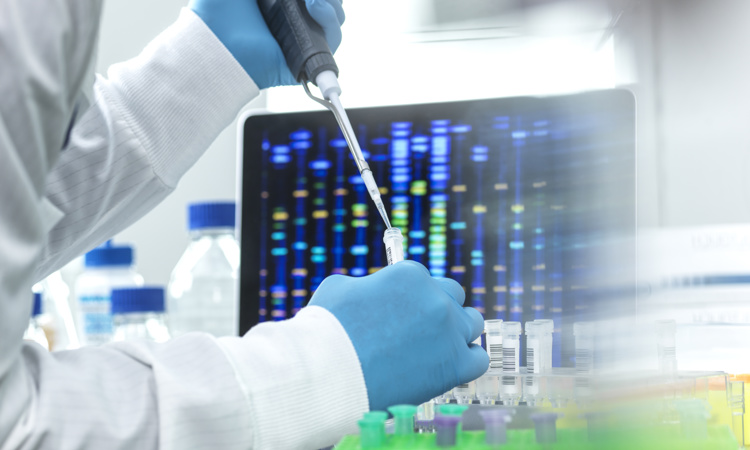How to become a bioinformatician
To become a bioinformatician in the NHS, you’ll need a postgraduate-level qualification in Bioinformatics. You can apply for vacancies on our recruitment website.
What is a bioinformatician?
Clinical bioinformatics combines computing science with medicine, information science, biology, statistics, and mathematics.
Bioinformaticians analyse biological data to support service delivery and patient care. In the NHS, they work in different areas of the service, including:
- clinical genomics
- pathogen genomics
Bioinformaticians create and maintain databases specifically designed to organise and store biological information. They also write code, develop algorithms, and use bioinformatics software to process and analyse the data. Bioinformaticians present the results of their analysis in reports, which can include a description of the methods used for analysis and visualisations to represent the data.

Starting your career as a bioinformatician
Choosing subjects at school
To become a bioinformatician, useful subjects include:
- Maths
- English
- Computer Science
- Human Biology
- Statistics
- Chemistry
- Engineering Science
Speak to your guidance teacher or careers adviser about subjects offered at your school.

Workplacements and volunteering
You may find it helpful to get some healthcare experience by doing a work placement or volunteering. You’ll get training, increase your knowledge, and learn new skills. This could help you when applying to college, university, or a new job with NHSScotland.
Education and training pathway
To become a bioinformatician in the NHS, you’ll need a master’s degree or postgraduate certificate in Bioinformatics at SCQF level 11. A postgraduate-level qualification in a related subject may also be considered.
Get to know the role
As a bioinformatician, you’ll combine your skills in computing science with your knowledge of biology, medicine, or mathematics to analyse biological data.
In clinical genomics, you’ll support the diagnosis and treatment of patients based on their unique genetic makeup.
In pathogen genomics, you’ll support the tracking and investigation of pathogens or outbreaks.
Some typical tasks include:
- computer programming
- analysing data
- designing databases
- genetic sequencing
- whole genome sequencing
You’ll need these skills:
- communicating
- collaborating
- curiosity
- focussing
- critical thinking
- sense-making
- problem-solving
You’ll also be expected to use specialist equipment and software.
An ability to code, or a willingness to learn to code, can be very useful.
You could work with:
- clinical scientists
- doctors
- specialist nurses
- epidemiologists
- clinical informaticians
- external software suppliers
- information management and technology teams
You’ll likely work in a hospital laboratory or an office. Hybrid working may also be possible.
Learning and development
As a bioinformatician, you’ll be expected to undertake continuous professional development activities to keep your knowledge and skills up to date.
During your career, you can also work towards additional qualifications, such as PhDs and professional doctorates.
Earning qualifications will help your career prospects and could lead to more senior roles or the chance to advance into more specialised areas of service.
Clinical scientist equivalence recognition
Bioinformaticians can apply to become clinical scientists in bioinformatics to progress in their careers.
If you already have significant professional NHS experience in bioinformatics or have completed a training programme that does not directly lead to registration as a clinical scientist, you can apply for equivalence recognition.
It is a route you can take to demonstrate that you already have the skills, knowledge, and experience to become a clinical scientist in bioinformatics.
You’ll submit a portfolio of work to the Academy for Healthcare Science for assessment and attend an interview. If successful, you can register with the Health and Care Professions Council as a clinical scientist.
Learn more about clinical scientist equivalence recognition on the NHS Education for Scotland Healthcare Science Training website.
Professional bodies
Clinical scientists working in the NHS must be registered with the Health and Care Professions Council (HCPC).
Other professional bodies include the Academy for Healthcare Science (AHCS).
Navigate page

Careers in healthcare science
Discover the range of healthcare science careers you can choose in the NHS.
View job profiles
NHSScotland Careers blog
Our blog includes how-to guides, case studies, and career resources.
Discover more